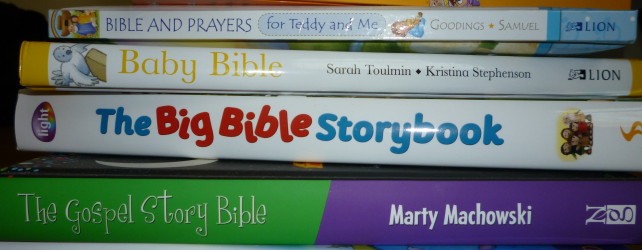Recently, I have been spending a lot of time eating macaroons, wearing a tight white suit and singing a song about breaking a man’s leg. This strange and questionable behaviour can be explained by the fact that I was in a production of Acorn Antiques – the Musical, produced by my theatre group, Company MK. It’s not ‘my’ group because I own it or run it like a tin-pot dictator, but because I belong to it.
I belong to the group because I share its aim to produce top-quality amateur musical theatre. I belong because lots of my friends are also part of the group. I belong because it gives me the chance to show off perform on stage in interesting shows. I belong because I feel proud to be identified with the group… and I know lots of other people feel the same way.
When we started to put on productions again after a two-year hiatus, one of my objectives was to help build a community that was welcoming, fun to be part of and that gave everyone a fair crack at being cast in a role. By no means do I think we’ve done this perfectly – we’ve got things wrong on the way. We’ve made mistakes and have offended or disappointed people, or just got up their noses (and if we’ve done this to you, we’re really sorry).
However, I think we’ve started to build a group where people enjoy themselves, are stretched artistically and feel welcomed and included. People have stuck with us and the feedback we have had after successive shows has been how much people have enjoyed being part of our community. We’ll probably make more mistakes and be idiots from time to time, but we’ll try our hardest to continue this ethos and produce the best shows that we can, as we look to 2015 and beyond.
Thinking more widely, surely this is the same with any group we’re part of: a church, a sports team, a school… Even if we’re working with dysfunctional and difficult groups (and, given that all groups contain humans, each one is going to have its dysfunctional and difficult aspects), we need to work together to make things better. We need to be generous and gracious when others make mistakes or get on our nerves, just as we hope they will be when we inevitably mess something up ourselves. We need to encourage and push each other to reach higher, to develop skills and to surprise ourselves in what we can achieve.
Talking about groups in this way can sound idealistic and a nice idea (‘it’ll never happen’). But if you don’t give it a go, you’ll never know.

